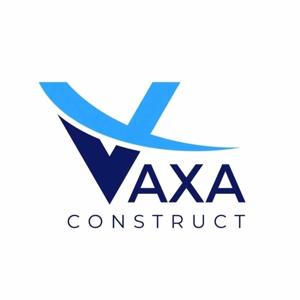In commercial construction, delays can quickly escalate into higher costs, frustrated clients, and disrupted operations. Unexpected weather, supply chain challenges, or design changes can all throw a project off track. To address this, scheduling buffers are a strategic tool construction companies use to keep projects on schedule and avoid costly overruns.
For a reliable Commercial Construction Company in NJ like Vaxa Construct, integrating well-planned buffers into timelines ensures projects stay efficient, flexible, and resilient to unforeseen challenges.
What Are Scheduling Buffers?
A scheduling buffer is additional time built into a project timeline to account for unexpected events. It does not mean wasted time—instead, it’s a protective measure that ensures the project can still meet its final delivery date even if disruptions occur.
Why Scheduling Buffers Are Important
1. Managing Uncertainty
Construction projects face risks from weather, labor shortages, or late material deliveries. Buffers act as a safety net.
2. Improving Client Confidence
By consistently meeting deadlines—even when challenges arise—builders build trust with property owners and stakeholders.
3. Avoiding Costly Penalties
In commercial contracts, delays often lead to financial penalties. Buffers help prevent these setbacks.
4. Supporting Quality Work
Without buffers, contractors may rush tasks to stay on schedule, risking mistakes. Buffer time allows for proper execution.
5. Enabling Flexibility
Buffers provide breathing room to handle design revisions or scope changes without derailing the entire project.
Types of Scheduling Buffers
Project Buffer – Added at the end of the project timeline.
Feeding Buffers – Applied to dependent tasks that feed into critical paths.
Resource Buffers – Ensure key labor or equipment is available when needed.
Vaxa Construct’s Approach
At Vaxa Construct, we use advanced scheduling software to strategically insert buffers where risks are most likely to occur. This proactive approach allows us to deliver projects on time, without compromising on safety or quality.
Conclusion
Scheduling buffers are not about adding unnecessary delays—they’re about preparing for the unexpected. With careful planning, they allow construction companies to deliver projects smoothly, on budget, and on time. As a leading Commercial Construction Company in NJ, Vaxa Construct ensures every project is backed by strategic scheduling for long-term success.


Write a comment ...